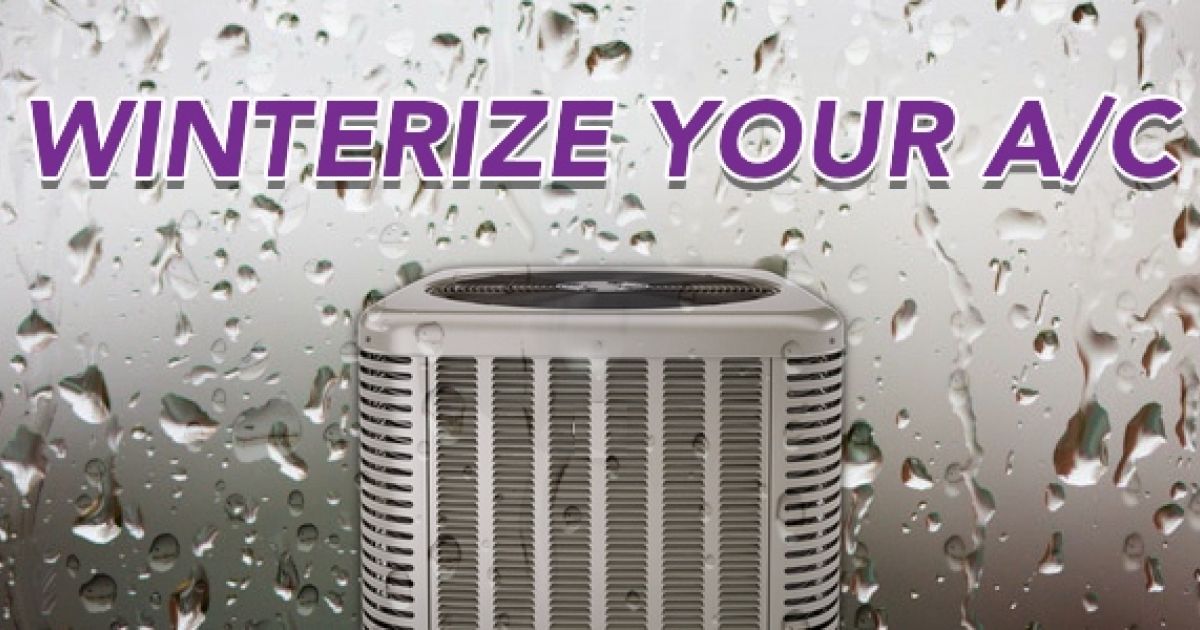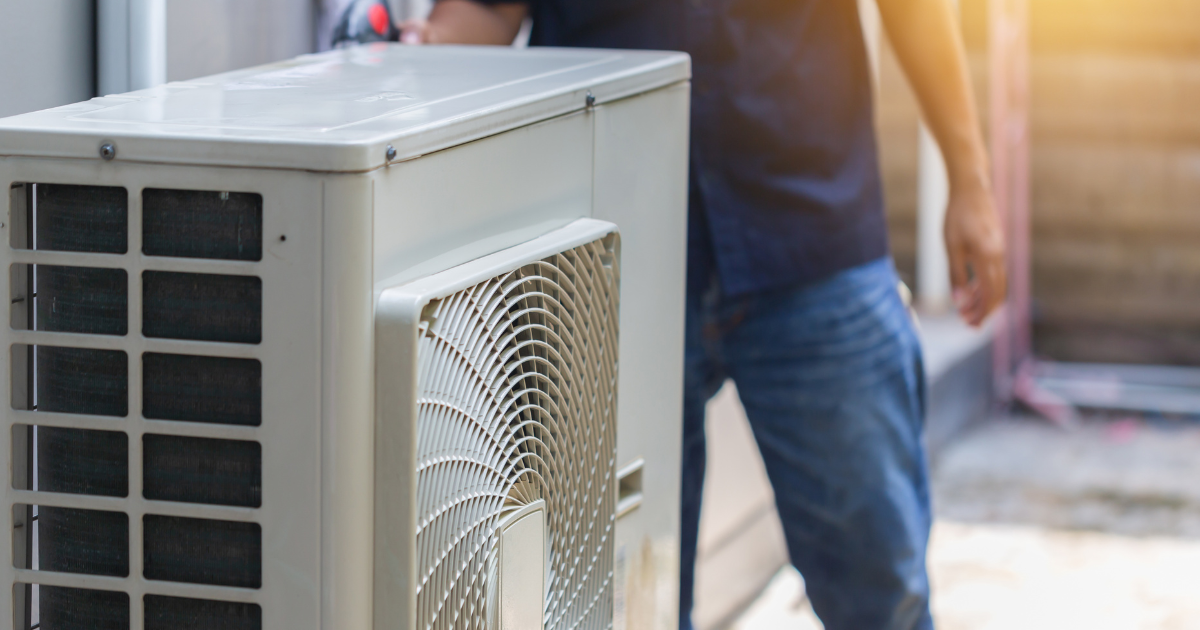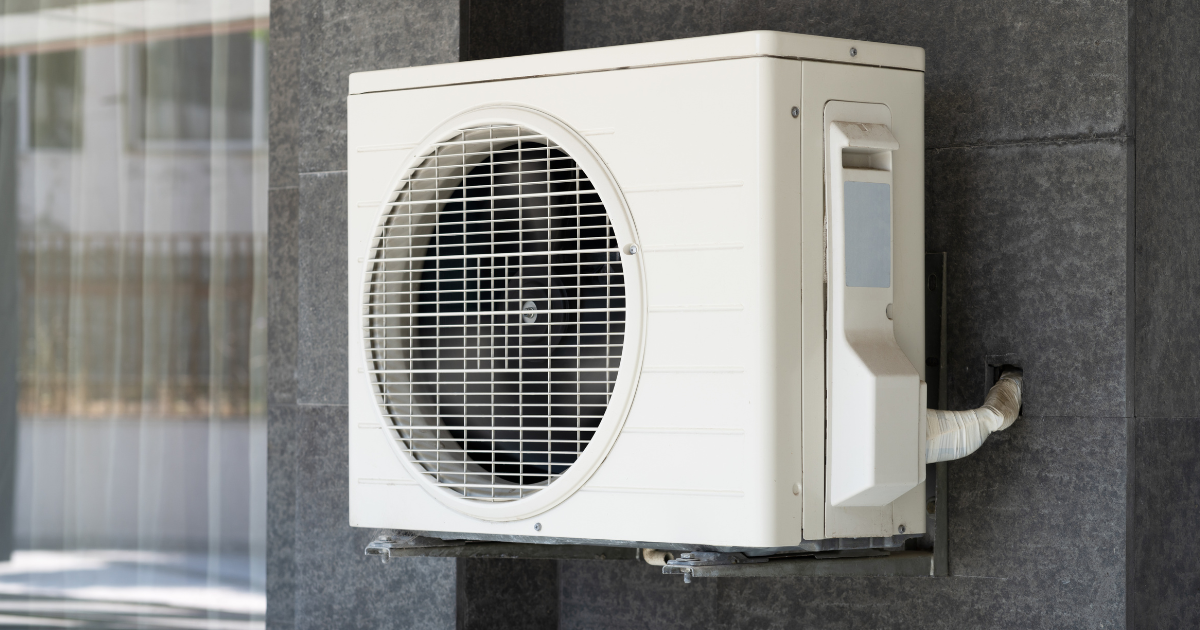Get Your System Ready For Winter!
Turning on your Air Conditioner during a humid summer afternoon only to be greeted by hot air can be quite frustrating. This is why it is important to winterize your unit when the cold begins to settle in. By performing a few quick and easy steps at home, you can ensure that your unit is properly protected against the extreme harsh winter weathers.
Winterizing your AC protects your unit against snow and ice and, subsequently, against rust and damage. It also discourages animals from taking up residence and leaving their waste inside your unit. With the following instructions, you can ensure that your AC is safe for the following summer. Taking these preventative measures to winterize your AC during the colder period could save you a lot of money in the future. You should also consider having an expert service and winterize your air conditioning unit.
Whether you operate an HVAC unit or a window AC, this guide is an easy way to sustain your appliance. A good time to prepare your unit for the winter is at the beginning of fall, right before you finally close your windows from the cold and turn on the heat. Pick a warm sunny fall day and set a few hours to completing this vital yet simple project.
Step 1: Find the electrical circuit of your HVAC and turn off your unit. This is an important step as it prevents the AC from turning on while your working on it.
Step 2: With a garden hose, thoroughly clean the coils of your AC, avoiding the motor and the wires. Hose down its body and its surrounding area. Remove the twigs, bird waste, insects, dirt, and dust that have accumulated during the summer. Feel free to wipe down the painted metal of your AC if you feel that it is necessary (Some people even wax the paint like a car to keep it from oxidizing in the sun!). Keeping your unit clean discourages rodents and other animals from taking shelter inside of it. A clean unit is also not a conducive environment for mold growth.
Step 3: Leave your unit uncovered to dry under the sun. Do not advance to the next step until you have accomplished this. The more moisture and condensation trapped in your unit, the more likely it is to develop bacterial growth and subsequently rust.
Step 4: If it’s needed, replace any missing or damaged insulation on the pipes with UV rated pipe insulation to prevent condensation from forming and to protect the copper from the elements. Cut the rubber or foam to ensure that the length and diameter fits into the pipe. Use UV rated duct tape around the pipes to hold them in place.
Step 5: Cover your unit with a waterproof material, ensuring that the material provides your unit with adequate coverage. Some manufacturers build AC covers that are designed to protect your unit against extreme weathers, but any waterproof material will suffice. Plastic or vinyl are sample waterproof materials that will work well for this.
Step 6: Use either a bungee cord, a vinyl tie down, or even plywood and a brick to secure the AC cover in place. The cover might otherwise fly away when the wind picks up. Secure your covering to ensure that your unit receives maximum protection against snow and ice.
Step 7: Inspect your unit occasionally during winter to sweep around the surrounding area and to ensure that it is still safely secure. Remove the dirt and leaves that buildup, and keep a watchful eye for any little critter that may hibernate underneath your AC.
Uncovering in Spring
If you do choose to “cover” your a/c during winter, it’s very important that you uncover it before you turn it on in spring! If you forget you can damage the compressor in the unit by over heating it. Most units today have safety pressure switches that will shut the unit off when it gets hot. If you find your a/c is not working, you may have left your cover on!
Heat Pumps
A heat pump outdoor unit can look exactly like an a/c unit, the big difference is this unit “reverses” itself during the winter for heat. You would never want to cover a Heat Pump unit! The best thing is to maintain these units free of debris over the winter months.
While it may sound challenging, preparing your unit for the winter season is a quick and easy task that can save you some money and time in the long run. Avoiding these preventative measures places your unit at risk of freezing and rusting which could be damaging to it in the long run.

Bob Jenson
For over 45 years, Bob Jenson has been providing quality heating and air services to the San Diego community.
Request Service
Please fill out the form below to request an estimate or schedule service.
"*" indicates required fields







